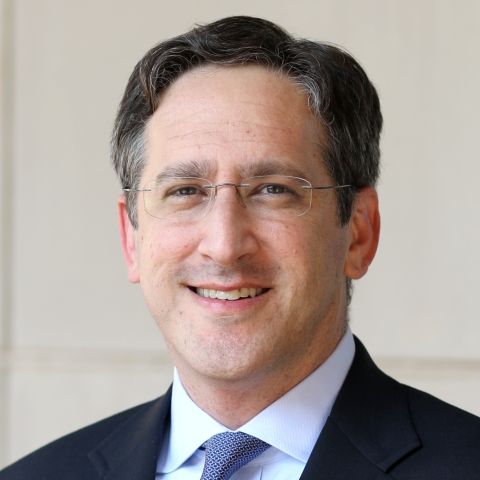

Lost in Translation: A Dilemma for Freedom of the Church
This symposium paper presents a dilemma for present-day proponents of “freedom of the church,” who argue that religious institutions: (1) are sovereign powers (2) entitled to special legal protections (3) based on their singular status rather than on rights or interests derived from their members. We argue that those who defend these three theses – involving the sovereignty, specialness, and singularity of religious institutions – face the following translation dilemma: They can make freedom of the church internally coherent by justifying it on traditional theological grounds, which renders the doctrine sectarian and unfit for use in constitutional argument; or they can translate the justification for freedom of the church into secular terms, but at the cost of its coherence. Proponents of freedom of the church are divided over which horn they choose to tackle. Despite their efforts, however, the dilemma is intractable. There is no way to recover a coherent conception of freedom of the church, nor is there any reason to think that such a recovery is necessary to maintain a serious commitment to religious liberty.